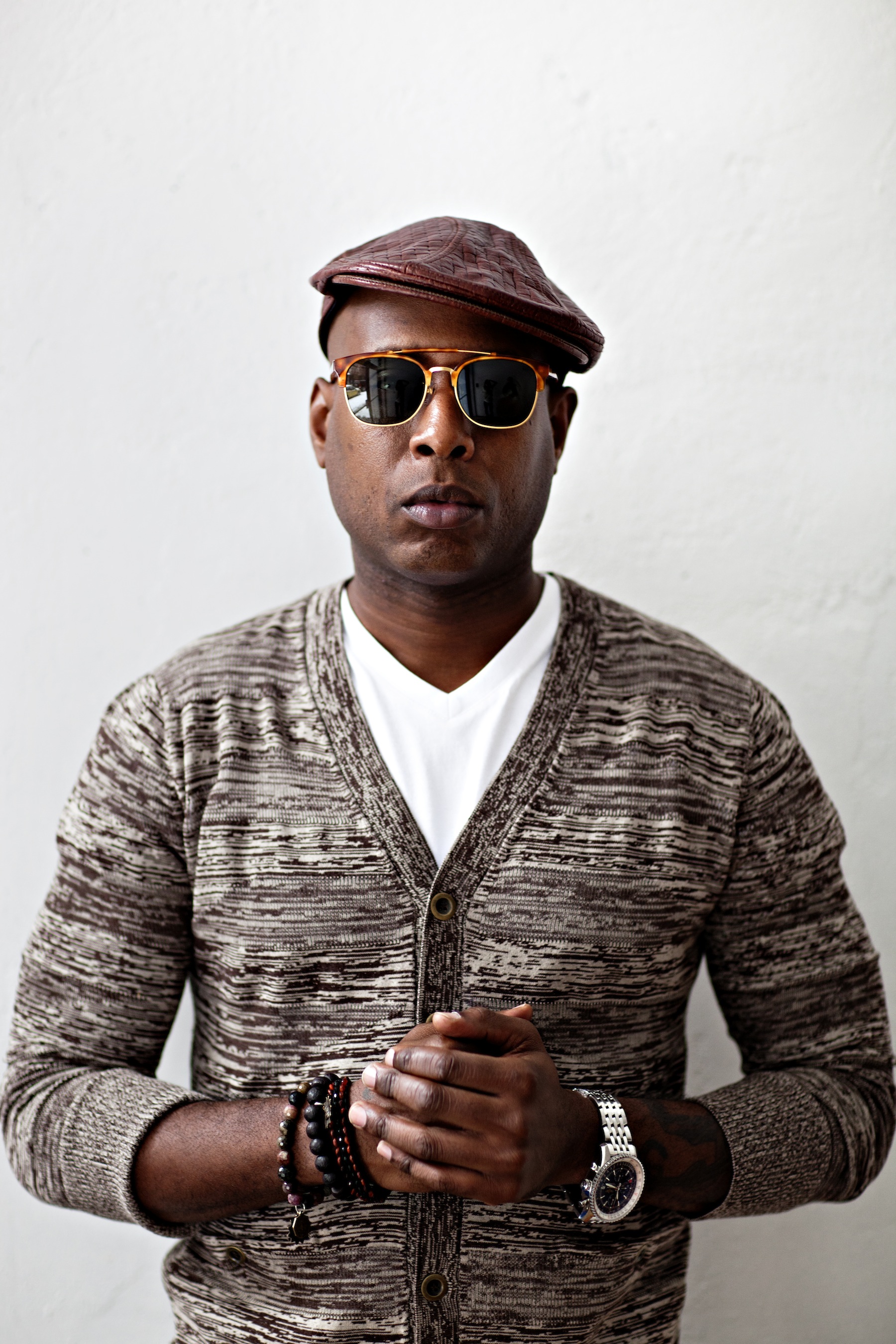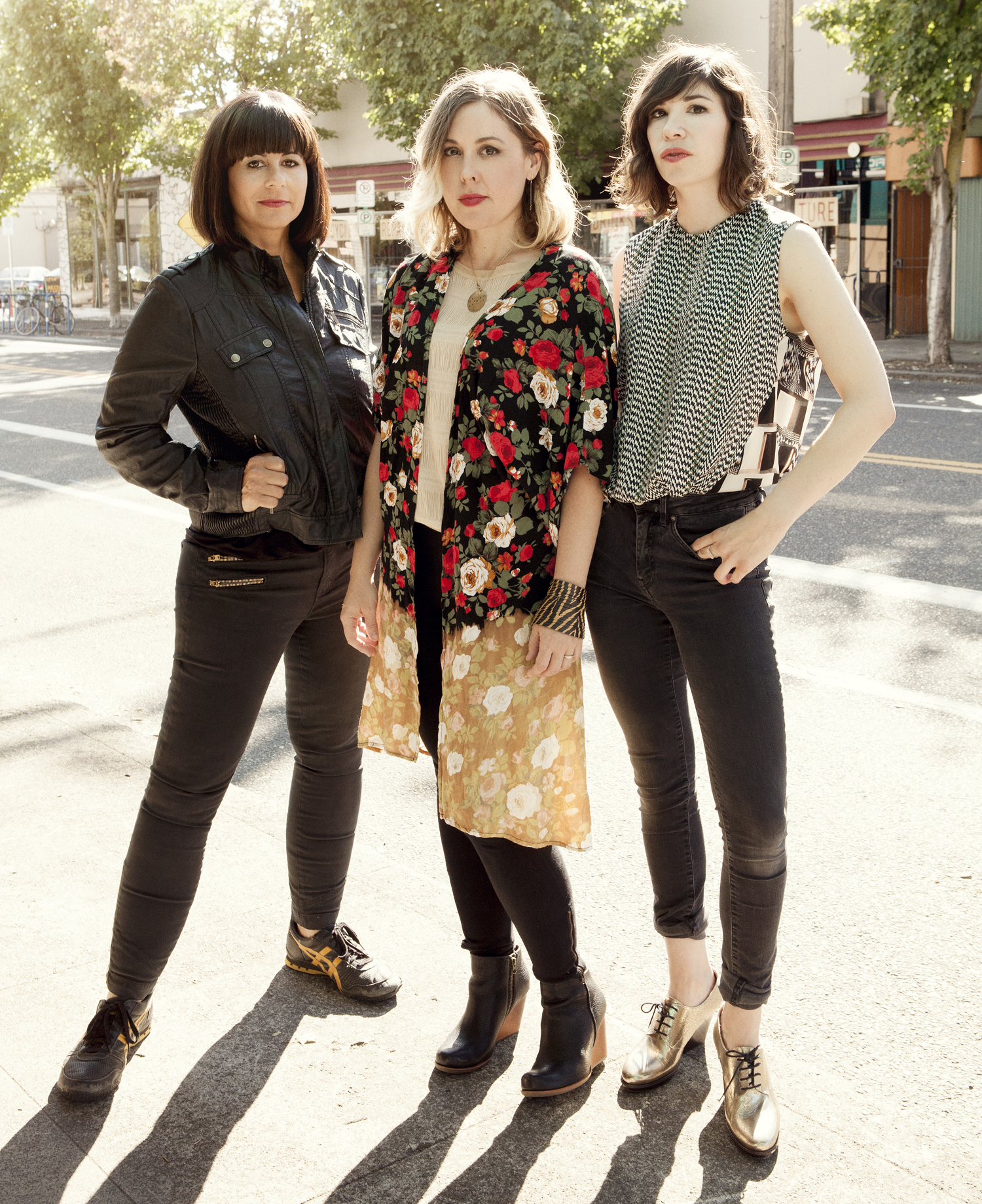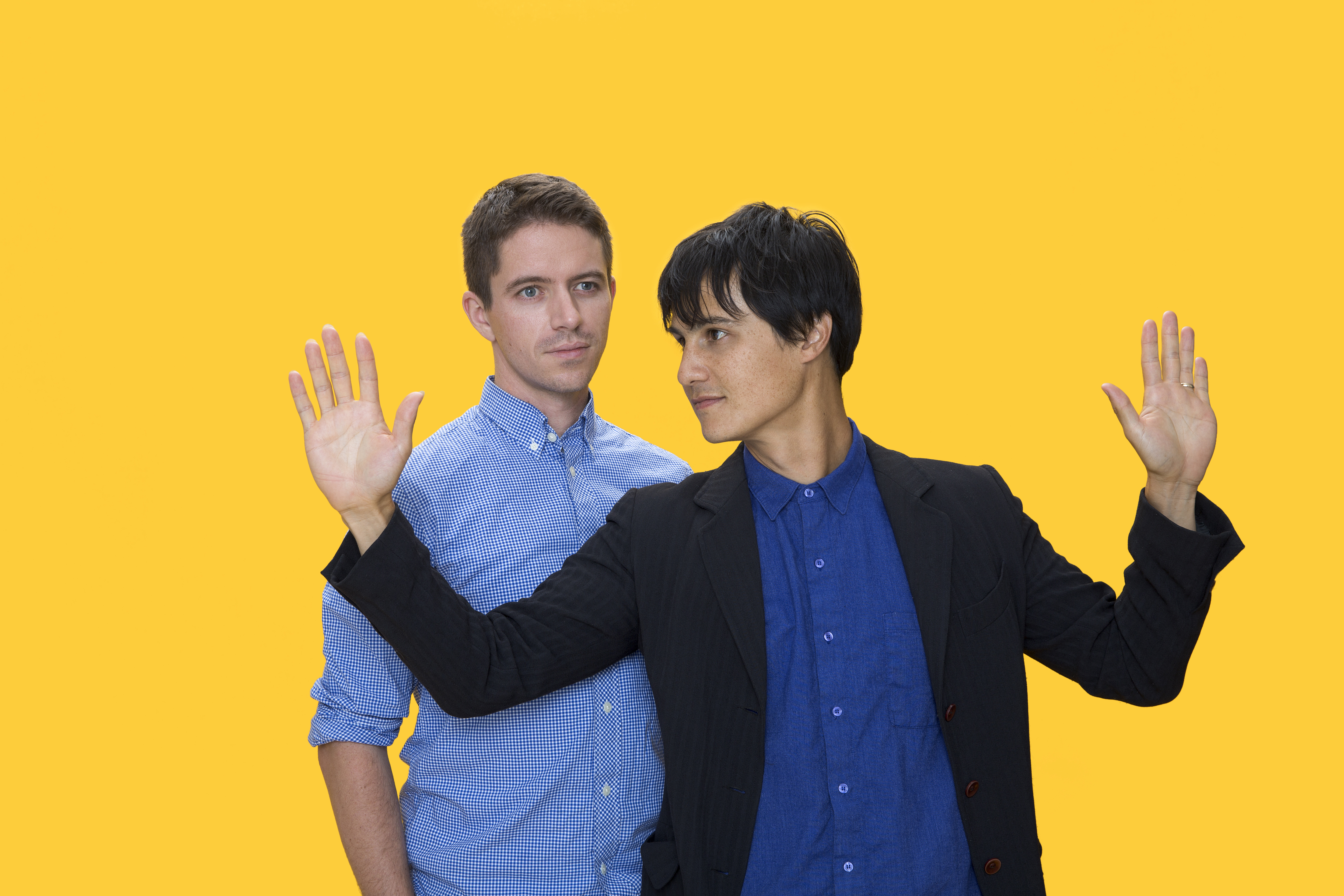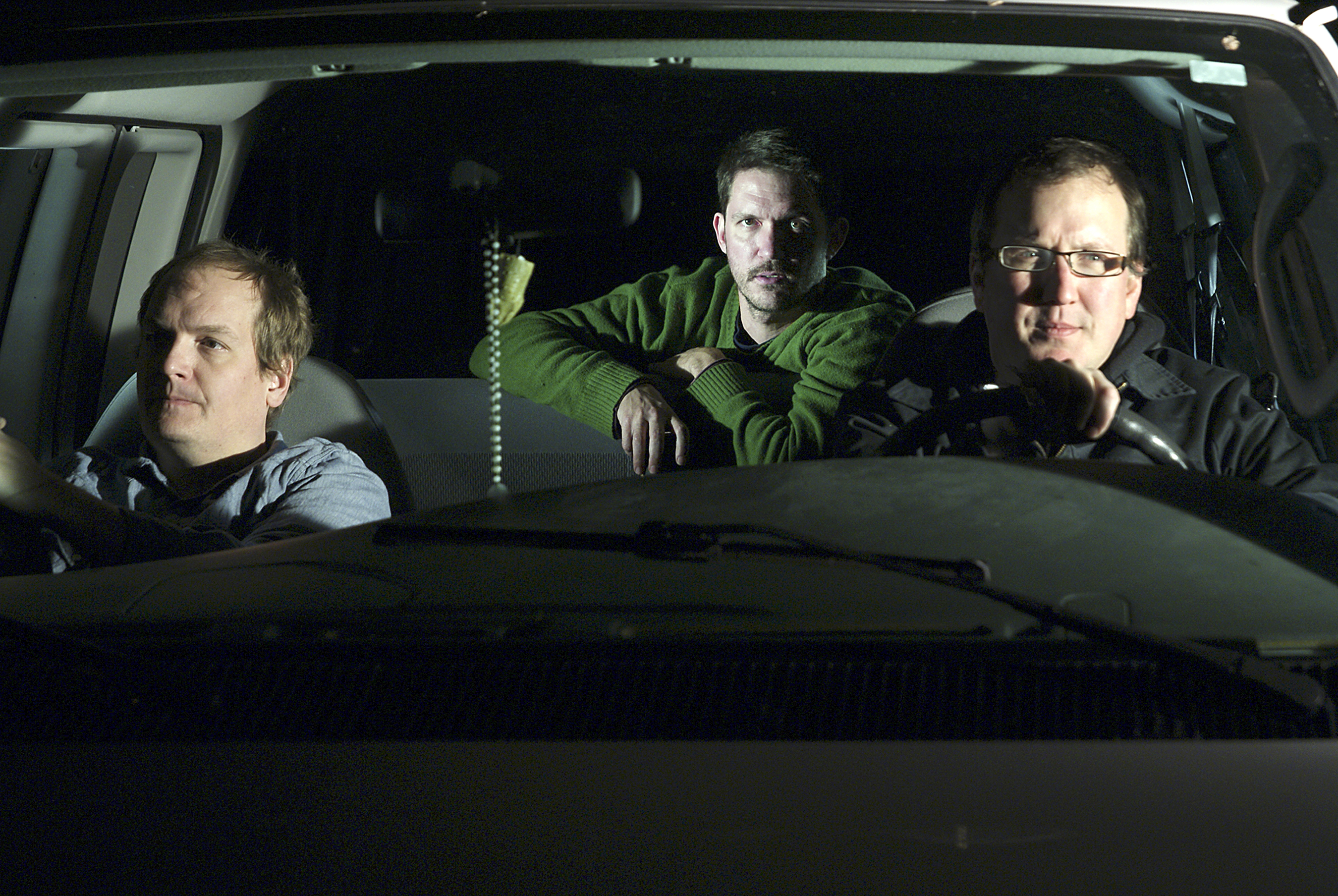Brooklyn rapper Talib Kweli is one of hip-hop’s most outspoken artists. The eldest son of two college professors, he’s built a career on educating his fans about social consciousness. As a solo artist and half of Black Star (with Yasiin Bey, aka Mos Def)—Kweli has used his mike and music to raise awareness about racial inequality and police brutality. His marriage of old-school beats and poetic rhymes about social issues has made him an underground hip-hop superstar. Yet Kweli brushes off the idea that he is the king of “conscious rap,” a term he feels pigeonholes him into a box that’s easier to sell. His messages may be strong, but his musical talent is just as potent. He times his lyrical delivery with nuance, crafting his rhymes over a wide range of beats. His collaborations stretch even wider, including artists such as Hi-Tek, Nelly, Busta Rhymes, Kendrick Lamar, Kanye, Madlib, and more.
As Kweli’s arrival in Seattle nears, we reflect on some of his more-public commentary, and pick our Top Five Talib Kweli Moments.
Hip-Hop for Respect In 2000, Kweli helped organize this project, a collaborative recording featuring Common, Mos Def, and many others, which brought attention to police brutality—specifically the 1999 police shooting of unarmed Amadou Diallo, who was fired on 41 times.
Ferguson and CNN Kweli joined protesters on August 19, 2014, in Ferguson, Mo., following the police shooting of Michael Brown. When the national media descended, Kweli was invited on CNN to air his views, then criticized host Don Lemon live for the network’s coverage of the protests. The rapper took issue with a headline on CNN’s homepage, “Ferguson streets were calm until bottles fly,” arguing that the cable channel’s reporting was inaccurate. “I was there that night, and that’s not what happened,” Kweli explained before Lemon constantly interrupted him.
Then things got personal. In one of CNN’s more awkward interviews to date, Kweli shouted over Lemon, “I would listen to you if you had the decency to greet me. You didn’t even invite me. Nicole invited me. You didn’t even say nothing to me. You were on your phone the whole time. You asked how to pronounce my name. You don’t have respect for who I am.”
As they yelled over each other, Kweli threatened to leave. Lemon then paused just long enough for Kweli to rip into him. “What I saw with my own eyes—that’s not what happened,” he declared. “I saw the bottle fly. You know when the bottle flew? After cops said they are gonna blow my f’ing head off. After the cops put on riot gear, and put up their shields and took out their batons and lined up on the streets. And then when they got into position, a bottle comes out of a peaceful protest?” a visibly frustrated Kweli asked. “That don’t make no sense. So what I’m saying is the headline should’ve said, ‘It’s calm until the cops agitated the people.’ ”
Last October, Kweli helped launch the Ferguson Defense Fund via crowdfunding site Indiegogo to raise money for the livelihood and legal funds of peaceful protesters. To date, the fund has raised more than $112,000.
Criticism of Rick Ross and Lil Wayne Kweli called out Ross in 2013 for the rapper’s lyrics to the song “U.O.E.N.O.” “Rick Ross condoned rape in that song . . . and he should apologize, and his apology that he offered was unacceptable,” explained Kweli in a Huffington Post interview. He also criticized Lil Wayne for referencing Emmett Till’s kidnapping and murder, suggesting Lil Wayne should apologize to the Till family. Wayne eventually did write them a letter, which the family claimed failed to actually apologize. The conversations about Ross and Wayne went on to spark debate about lyrics and an artist’s personal responsibility.
Black Star inspires a generation In 1997–98, Kweli collaborated with Bey and producer Hi-Tek to release the pivotal album Mos Def & Talib Kweli Are Black Star, delivering one of underground rap’s finest moments. Old-school beats and lyrical intensity motivating social awareness emboldened a generation of hip-hop artists and fans. The album continues to land on several critics’ “essential listening” lists.
Other significant Black Star moments include the duo’s collaboration with John Patton and Ron Carter to record “Money Jungle” for the Red Hot + Indigo compilation. The Red Hot Organization’s tribute to Duke Ellington raised money for various charities devoted to increasing AIDS awareness and fighting the disease.
Kweli joins activists In addition to the Ferguson demonstrations, Kweli has supported many protesters who share his political views: In May 2005, he gathered with supporters demanding the federal government drop the bounty on former Black Panther Assata Shakur. In 2011, he visited the Occupy Wall Street camp. He spoke at a 2012 New York rally to urge the NYPD to end its stop-and-frisk policy. The rapper also traveled to Tallahassee, Fla., in 2013 to spend a night with the Dream Defenders, a student group organizing a sit-in at the governor’s office to protest the state’s stand-your-ground law.
music@seattleweekly.com
TALIB KWELI With Immortal Technique, NIKO, IS, CF, Hasan Salaam, and guests. The Showbox, 1426 First Ave., 628-3151, showboxpresents.com. $25 adv./$28 DOS. All ages. 9 p.m. Tues., March 17.








